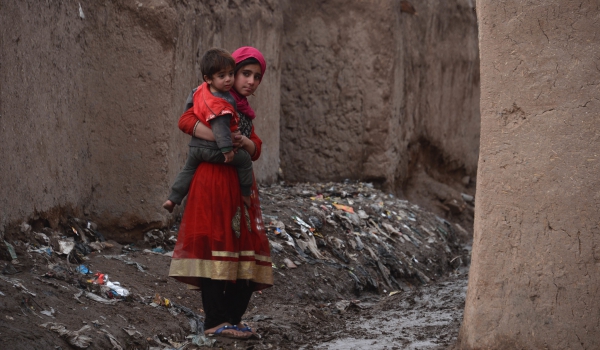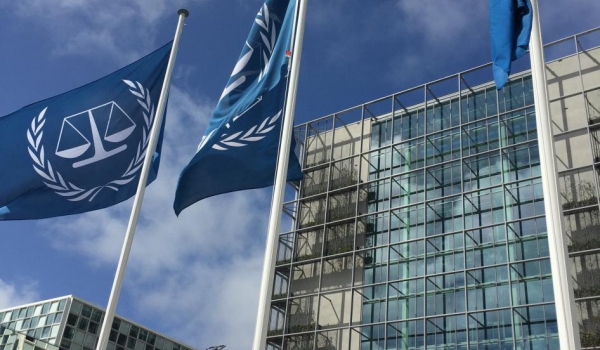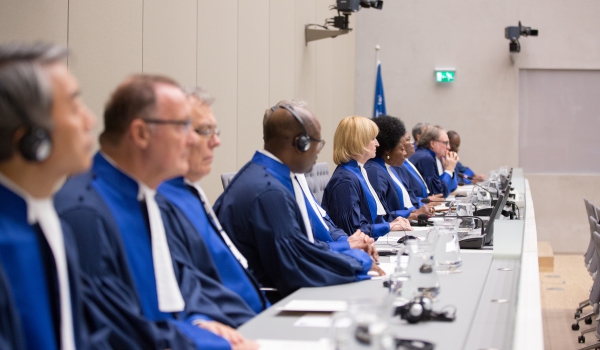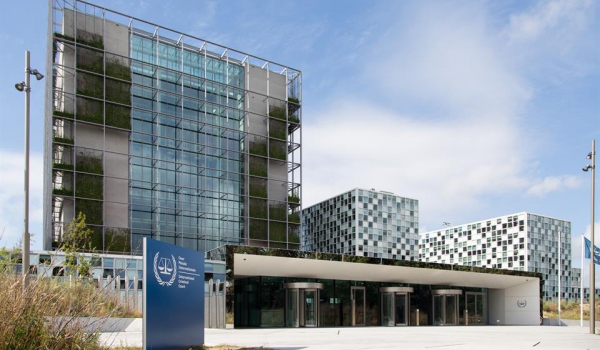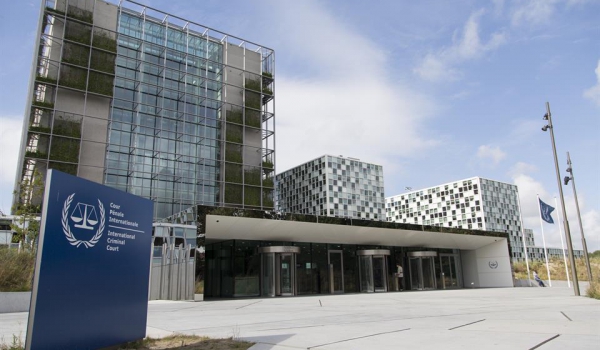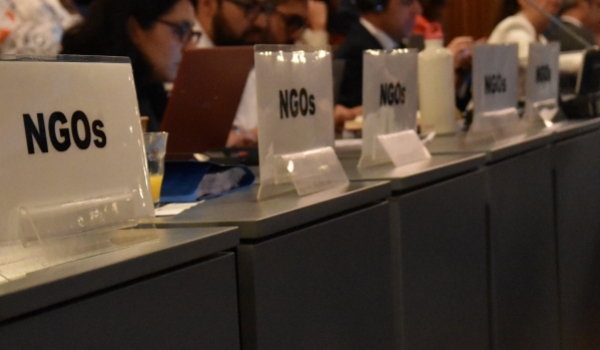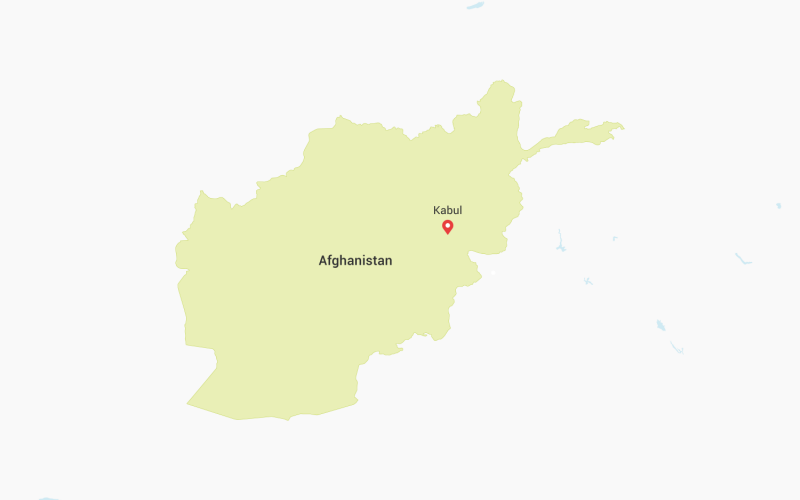
On 12 April 2019, the ICC Pre-Trial Chamber II unanimously rejected the Prosecutor's request to open an investigation into Afghanistan. The Prosecution of the ICC now seeks to appeal the decision.
Situation phase:
Investigation – ongoingRegions:
Asia-PacificOn 12 April 2019, the ICC Pre-Trial Chamber II unanimously rejected the Prosecutor's request to open an investigation into Afghanistan. On 3 November 2017, the ICC prosecutor had requested authorization to open an investigation into war crimes and crimes against humanity allegedly committed since 1 May 2003 on the territory of Afghanistan as well as crimes against humanity closely linked to the situation in Afghanistan allegedly committed since 1 July 2002 on the territory of other States Parties to the Rome Statute.
FACTSHEET: AFGHANISTAN AND THE ICC
ICC judges reject opening of an investigation regarding the Afghanistan situation
ICC press release on the decision of Pre-Trial Chamber II
The quick read
- Afghanistan faced several periods of civil war since the 1970s and experienced over a decade of conflict following the United States-led invasion of the country after the 11 September 2001 attacks.
- In 2007, the ICC prosecutor announced a preliminary examination to determine whether conduct by Afghan and foreign government forces, as well as anti-government forces such as the Taliban, after 1 May 2003 may amount to war crimes and crimes against humanity.
- Afghanistan is an ICC member state, having acceded to the Rome Statute in February 2003
- In 2017, Afghanistan enacted a new criminal code incorporating provisions on war crimes, crimes against humanity, genocide, and the crime of aggression - the four core international crimes within the subject matter jurisdiction of the ICC.
- Such implementing legislation, which includes provisions on command responsibility as well as recruitment of soldiers under 18 years of age, will prove crucial to Afghanistan's ability to address Rome Statute crimes within the domestic jurisdiction.
- Afghanistan has not ratified the Agreement on Privileges and Immunities of the ICC or the Kampala Amendments to the Rome Statute.
